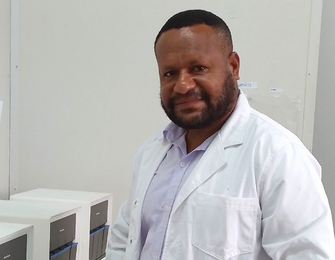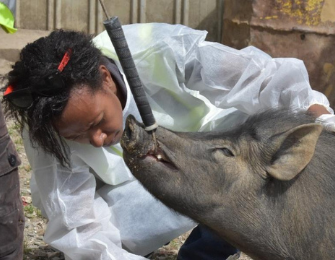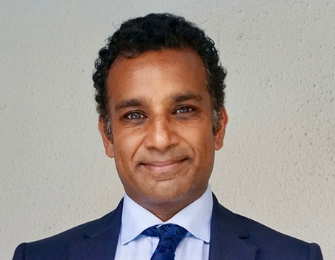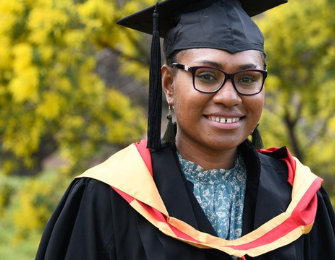Around the world, having sufficient people trained in contact tracing has proven to be one of the key factors to successfully containing outbreaks of COVID-19, as well as other infectious diseases.
At the end of this project, FEiA will have trained up to 42 staff in field epidemiology who can conduct surveillance and implement public health interventions to help health authorities respond more quickly and effectively to disease outbreaks such as COVID-19.
In Papua New Guinea (PNG), five new rapid responds teams, recruited from graduates of the Field Epidemiology Training PNG program will be available to deploy both nationally and regionally to provide immediate surge capacity to outbreaks of disease.
Field epidemiology training program
FEiA will train up to 36 staff across all 9 provinces of the Solomon islands, three staff from Vanuatu and three staff from Timor-Leste in field epidemiology skills including contact tracing, outbreak investigation and surveillance. Training will occur in the Solomon Islands and includes three face-to-face intensive course blocks per year with lecturers from Australia, PNG and Solomon Islands.
Participants will also propose, run and present a public health intervention that can demonstrate a measurable improvement in one area of their current work as part of the program.
Field epidemiology train-the-trainer
Selected staff from PNG and Solomon Islands will receive additional training in leadership, lecturing and mentoring skills, through two face-to-face intensive “train-the-trainer” sessions. This helps the sustainability of the program by having qualified Solomon Islanders and Papua New Guineans who can run the course in-country. Finally, the program will develop a South-to-South field epidemiology training network through an exchange of fellows from Vanuatu and Timor-Leste and lecturers from PNG participating in the Solomon Islands program.
Rapid response teams
In Papua New Guinea, FEiA will train up to 100 public health workers who have completed the existing PNG Field Epidemiology Training program to operate one national and four provincial rapid response teams. Team leaders and members will build on their existing skills, knowledge and capacity to rapidly conduct outbreak investigation and develop public health interventions.
Training will consist of five intensive two-day workshops of 20 participants, four of which will be in regional areas of Papua New Guinea. Rapid response teams will be embedded within the PNG health system and located in regional areas. These teams will be an extremely valuable source of surge capacity for local health authorities when responding to outbreaks of disease.
The project in PNG was initially delayed but staff made visits in October 2020 to begin planning the rapid response team training. While face-to-face training opportunities in the Solomon Islands are on-hold, training is planned to recommence in early 2021 and the training material has been revised to include COVID-19 examples and case studies where applicable.
Read the stories of Philip Popai and Elaine Hehovo.




